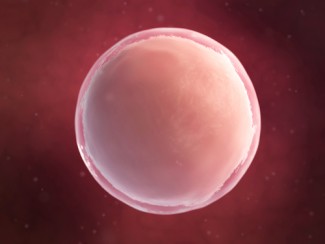Do payment guidelines for human egg donors violate antitrust law? Class action moves toward trial

Image from Shutterstock.
What could prove to be a landmark case in the human fertility field is headed toward trial next year with a broadened group of class plaintiffs.
At issue in the Northern District of California case are voluntary standards that many of the nation’s fertility clinics follow concerning payment to women who donate eggs for use by others.
Guidelines developed by the American Society for Reproductive Medicine and the Society for Assisted Reproductive Technology suggest a standard payment of $5,000, but allow women to be paid as much as $10,000, when justified, the Recorder (sub. req.) reports.
Lead plaintiffs in the case, Lindsay Kamakahi and Justine Levy, say the guidelines violate antitrust law. “It’s naked, illegal price-fixing,” attorney Michael McLellan, who represents the plaintiffs, tells the Wall Street Journal (sub. req.).
Representatives of the defendants and fertility clinics that follow their guidelines declined to comment, the WSJ reports. However, the defendant organizations have claimed in court documents that they are concerned that excessively high payments could have a coercive effect on low-income women to donate despite health risks and other deterrent concerns.
However, women have the freedom to contract in other areas of their lives, points out Seattle University law professor Julie Shapiro, who authors a reproductive technology blog. “It’s overriding a woman’s ability to choose what she wants to do, even if it’s risky,” she said of price-restraining guidelines.
Attorney Gina-Marie Madow not only works for an egg-donation organization but herself was an egg donor on multiple occasions in the past. “I helped couples achieve their dreams, and in return they helped me go to law school, buy an apartment, pursue my dreams when I was in my 20s,” she told the Wall Street Journal. In her view, a $10,000 payment “feels like the right amount.” However, Madow said the industry hasn’t done a good job of explaining why payment restrictions for egg donors exist.
The case was previously certified as a class action, and in an opinion issued April 27, a magistrate judge said the plaintiff class should be expanded to include women who might donate eggs again in the future.



